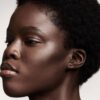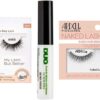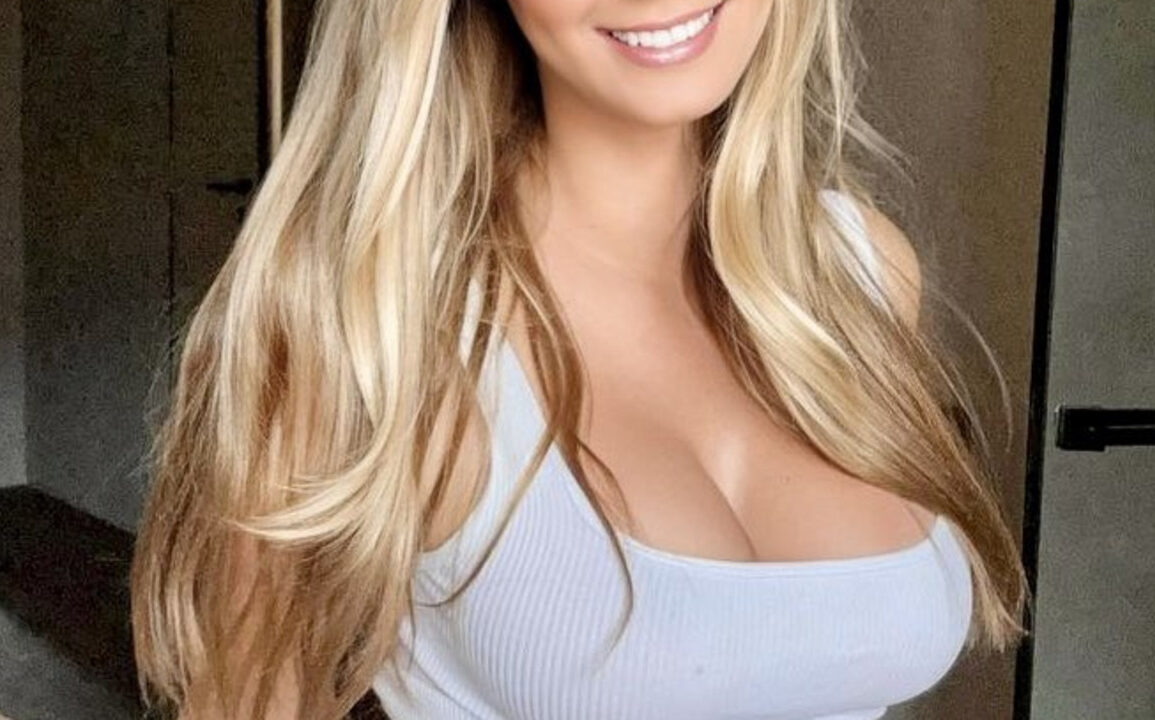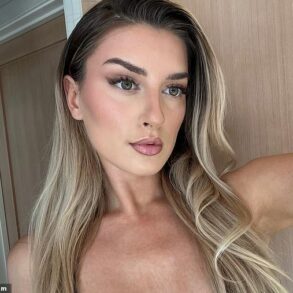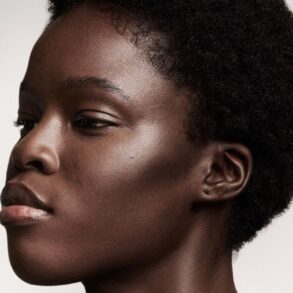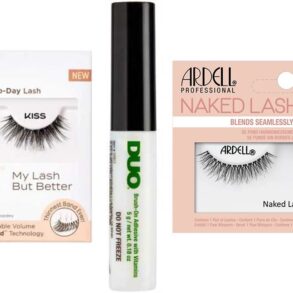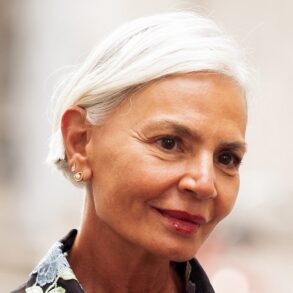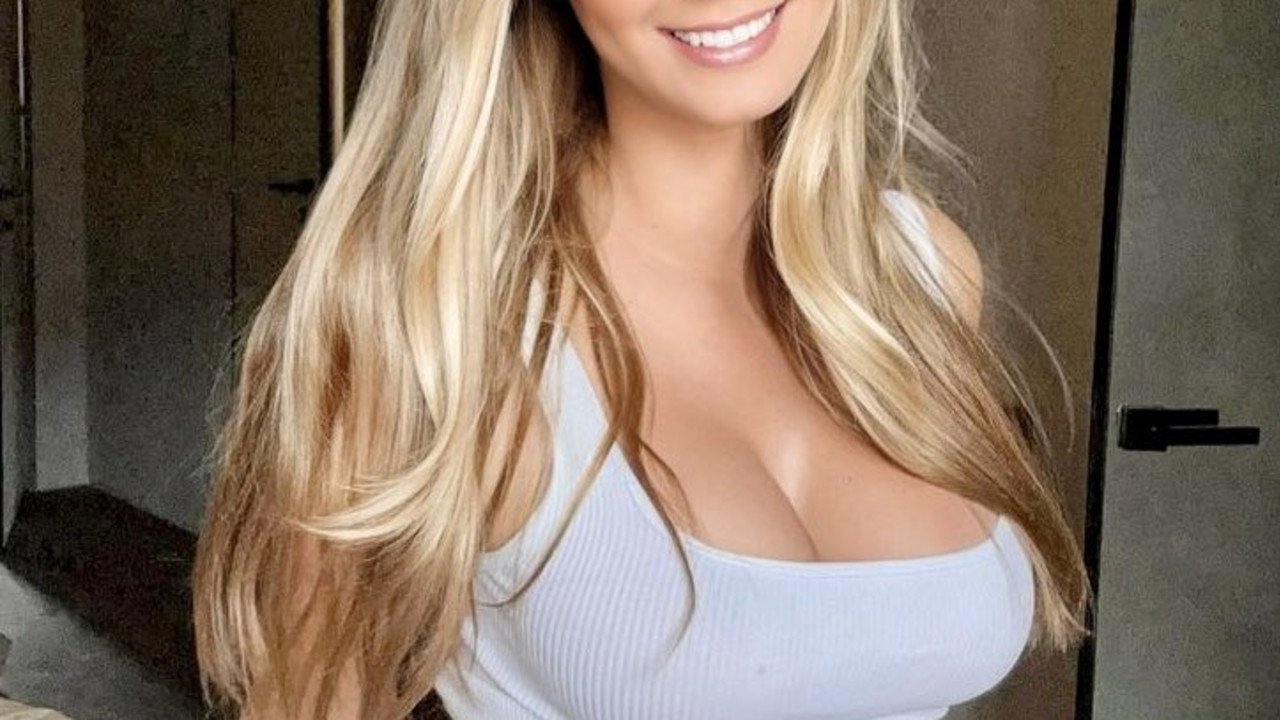
Social media profiles utilizing AI to create scantily clad women with outrageous proportions are gaining momentum. These artificial models go above and beyond practical beauty standards, often appearing smooth-skinned with large breasts, tiny waists, and symmetrical features. They are the porn-ridden man’s dream girl, too perfect to be real, too good to be true.
Creating flawless imagery of individuals is fun and appeals to people’s senses, it’s what we’ve been doing since the media began. The Final Fantasy series, for example, is known for its gameplay and gorgeous characters. Yet, while only a minority of people treated these fake personas as real, we’re now at a point where men are actually thirsting over artificial women, engaging with their accounts as if they were humans.
@_Lia27 on X is a blonde, blue-eyed woman crafted by AI. She has 408,000 followers, and her admirers have the option to chat with her on her website.
@Vicki_verano, another “virtual influencer,” has 58,000 admirers on X. The comments on her posts are from reply guys hailing her image. Other respondents are AI influencers themselves.
Take a look at the comment section, and you’ll realize just how many fans these AI pages have. How many men understand they’re commenting on fake photos is unknown. Some are aware (they often make jokes about AI), while others are fueled entirely by their lower impulses to interact with these posts, completely overlooking the obvious alterations. Many X users gawking at the artificial women also look much older, so it makes sense why some couldn’t tell the difference.
But as these dystopian, cyberpunk creations continue to grow, we have to ask ourselves: Is it possible that AI will be the end of OnlyFans models and influencers?
Predicting How AI Will Affect Real Women
The short answer is that it’s too difficult to tell at this time. As I’ve said, many of the commenters on these AI photos are from older men. And while these X posts of fake women receive a good amount of engagement, it doesn’t necessarily reflect real life – these guys are still a minority…at this time. Another thing to note is that these followers also interact with real women’s posts on X, so it’s not that they’re turning to virtual influencers and abandoning OnlyFans models – what’s happening is that they see bodacious women, real or fake, and instantly comment.
Even if we entered an era of AI influencers and it started to appeal to younger audiences, I believe it would just be another short-lived trend. There is, however, some concern over companies using machine learning rather than hiring models to sell products. We know that most corporations will do anything to cut costs, and considering how virtual models would be less time-consuming and cheaper, there’s a chance more businesses could go the AI route for advertisements.
This year, Levi’s new campaign featured an AI-generated model designed by LaLaLand.ai, a company dedicated to creating digital avatars to supplement human models. Their manifesto states they aim “to diversify the fashion industry and challenge the status quo when it comes to inclusivity, sustainability, and innovation.” Levi’s global head of digital and emerging technology strategy, Amy Gerhskoff, agrees with their statement, noting that their AI model won’t replace humans but is intended to represent individuals of different sizes, colors, and ages. AI models promoting inclusivity rather than hiring people of color seems counterintuitive.
Realistically, some companies will turn to AI for models, but maybe not the large fashion and makeup brands. Consumers would much rather see clothes and cosmetics on real people like themselves. Celebrities, influencers, and other big personalities are also heavily involved in persuading customers to purchase items, indicating that businesses’ reliance on ethos will likely stay. According to statistics, influencer marketing is now a $21.1 billion-dollar industry, and while Gen Z is heavy with their tech usage, it’s clear they rely heavily on real people to tell them about the latest trends. Authentic testimonies from TikTokers influence most consumers, and that’s not easily replicated with AI just yet.
It’s possible that AI influencers will dominate the sex workspace the more that it improves (and inevitably, it will). At some point, artificial intelligence will learn how to make real-looking people, no longer will AI become identifiable by its disfigured hands and fingers. Digital influencers will soon have a few “imperfections” here and there to appear more life-like – whether that’s a splash of freckles, some stretch marks, or other distinctive features that will set them apart from the computer-generated women we’re familiar with today.
We’ve seen the celebrity deepfake videos – they’re concerningly convincing sometimes. Machine learning has also done a great job mimicking voices and tones, paving the way even more for digital personalities. I can see certain measures being implemented as digital influencers thrive. Just as X’s “Community Notes” feature exists to combat misleading information by adding context underneath posts, there’s a good chance platforms may require digital personas to explicitly state that’s what they are.
The Verdict
AI influencers, models, and sex workers will continue to grow but won’t necessarily replace real women’s jobs. It may seem disheartening to see machine learning take over certain aspects of our lives, but I also see a silver lining. As technology advances, so does the yearning for what’s real. People take a break from their computer desks by going to nature. There are reports of Gen Z buying flip phones so they can interact with the real world again. Over time, people will see the damaging effects of porn and unattainable beauty ideals, and individuals will once again seek genuine beauty in human beings.
Evie deserves to be heard. Support our cause and help women reclaim their femininity by subscribing today.
This post was originally published on this site be sure to check out more of their content.


